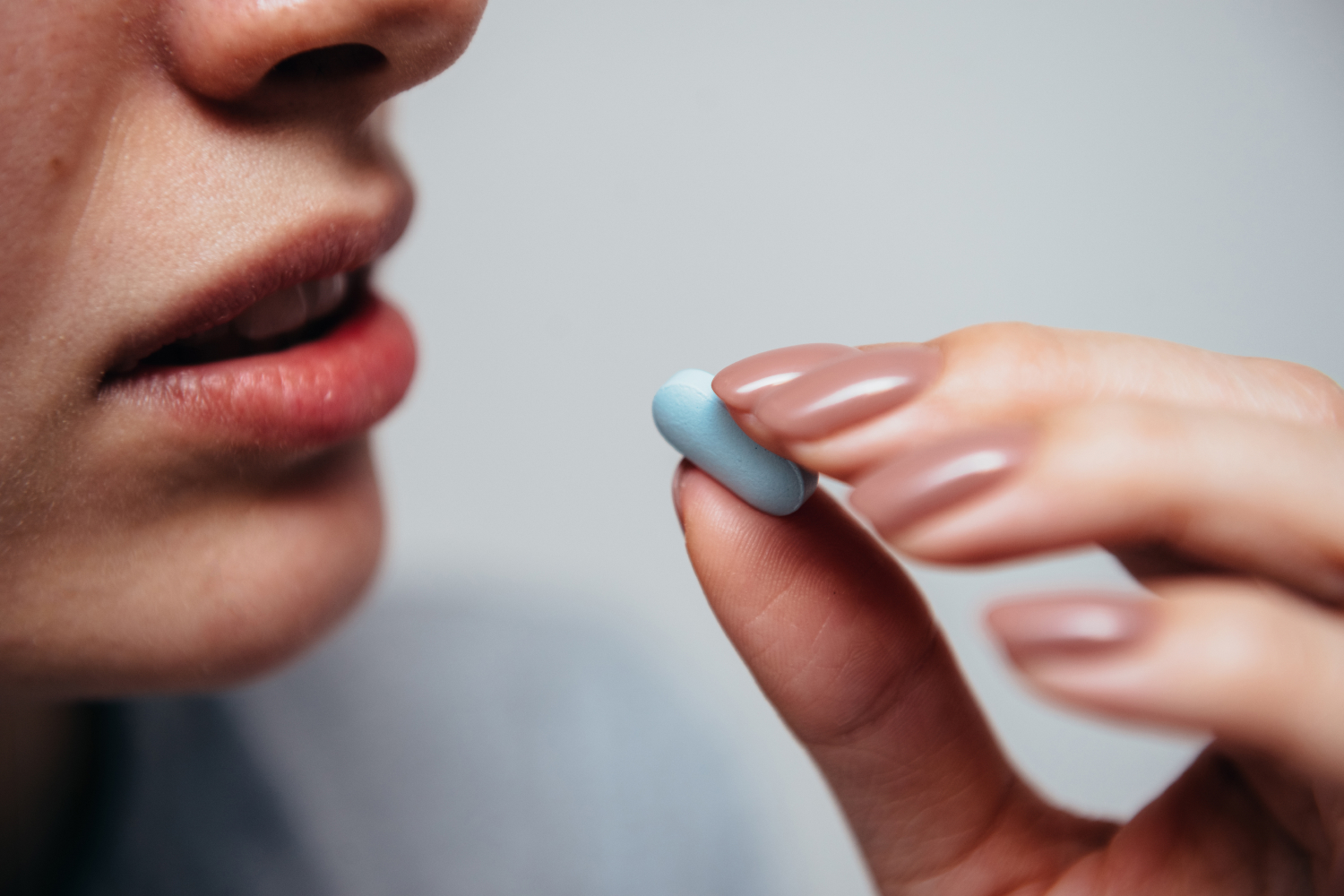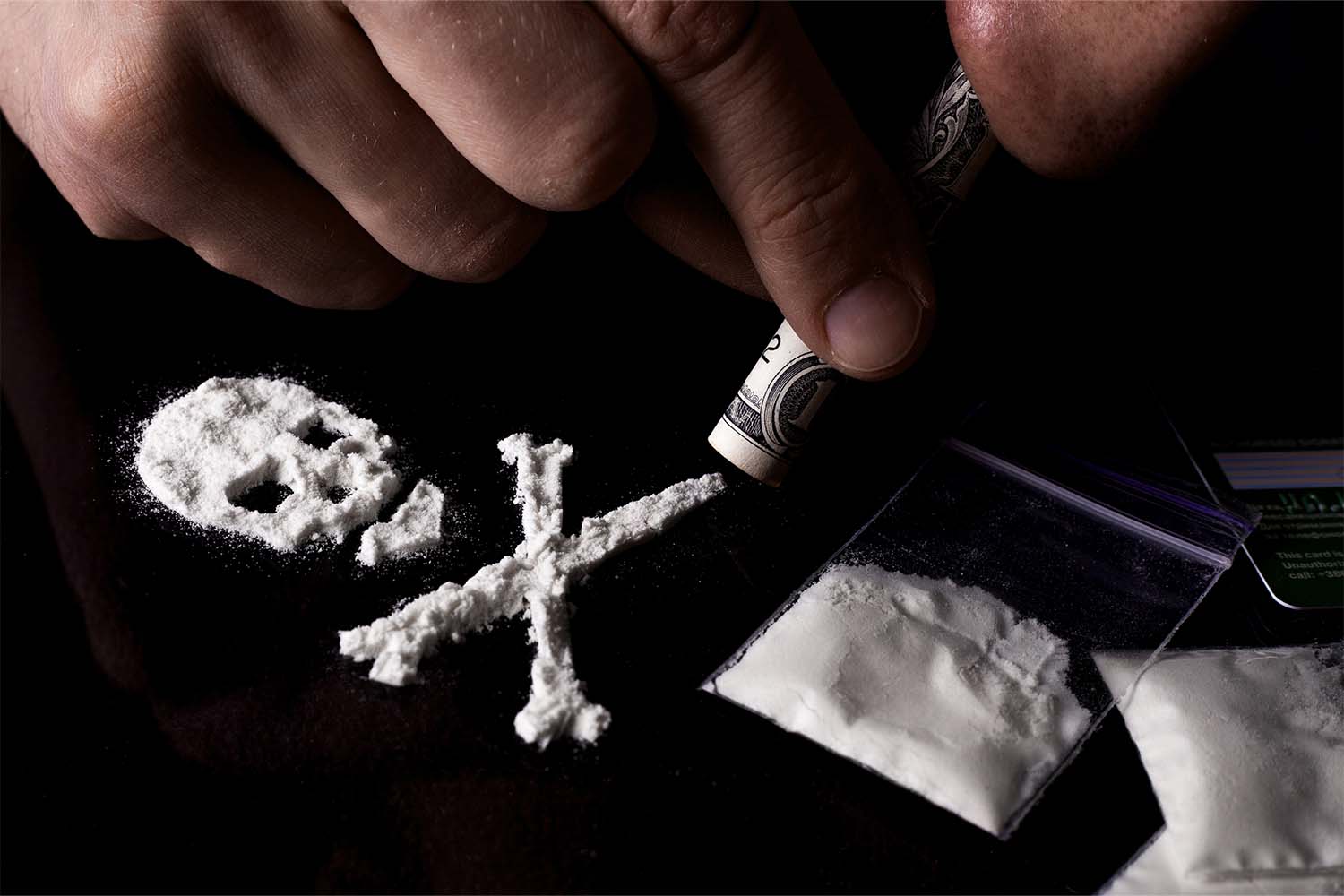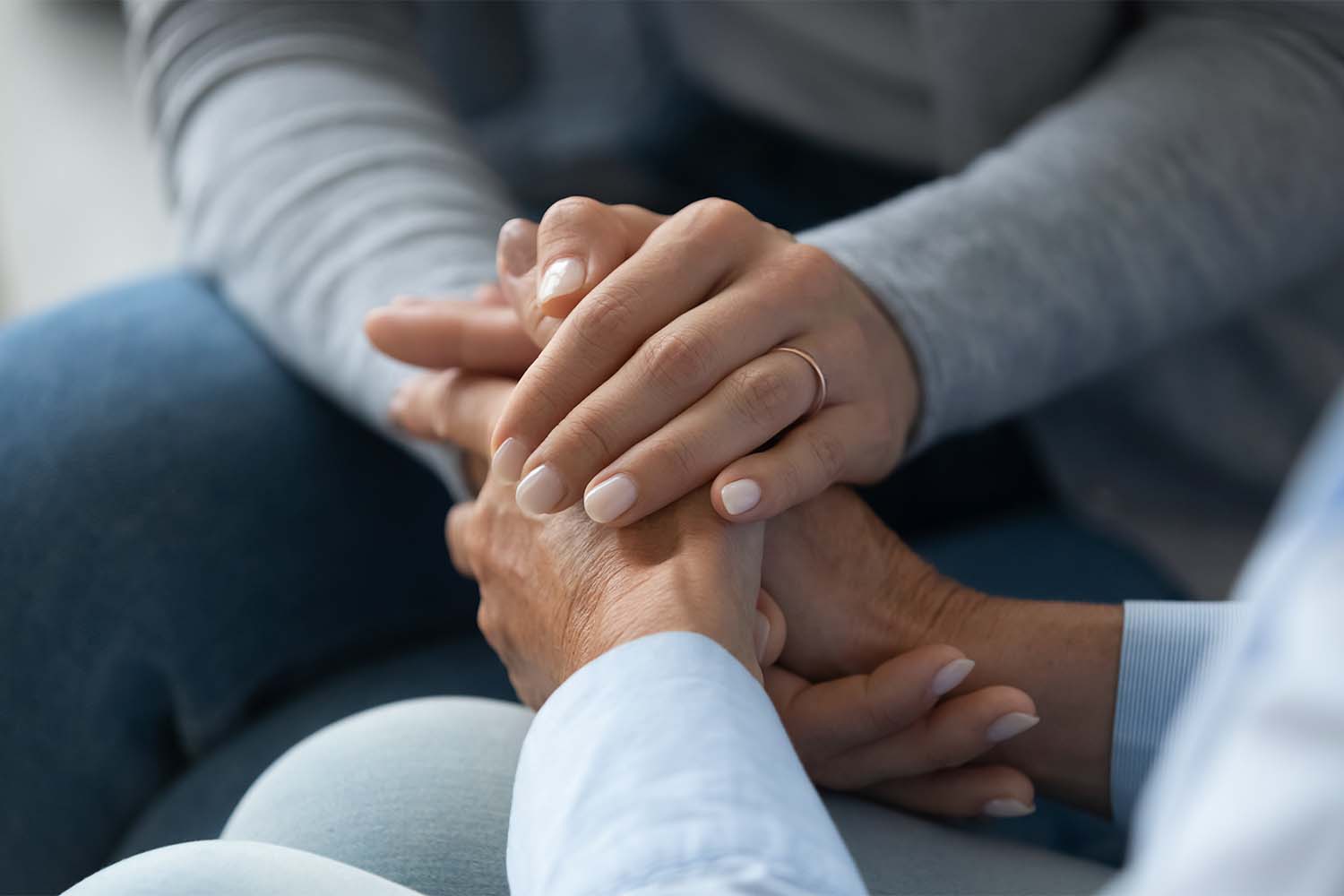Vicodin (hydrocodone/acetaminophen) is an analgesic medication that can be found in hospitals and is prescribed to people with severe pain. It is not always recommended that Vicodin is prescribed to people by their healthcare providers, especially those who are at higher risk for developing an addiction or dependency.
While Vicodin is meant to help people that are in pain, many people end up misusing it. Vicodin might not be the first drug you can find on the streets. This is because this addiction usually starts after being prescribed it.
Most people addicted to Vicodin and other prescription drugs once used it as pain medication for pain relief, but improper usage and habit-forming can happen quickly. Whether a person starts taking more than they need or tries to access it for longer periods than recommended, how the addiction starts doesn’t matter.
Patients can also find themselves experiencing dependency on benzodiazepines, such as Alprazolam, once prescribed for anxiety.
What matters is how long the abuse continues before you can seek treatment for it. In order to enter into recovery, you may need to undergo detoxification and medication-assisted treatment (MAT) at a recovery center like Soba Recovery. Keep reading to learn more about Vicodin, its common side effects, and long-term drug abuse.
What Is Vicodin?
Vicodin is the brand name for a prescription painkiller composed of hydrocodone and acetaminophen. These two components help to minimize pain and fever in someone who has been prescribed the pills. However, hydrocodone is an opiate that has a similar efficiency as morphine.
Acetaminophen may sound familiar because you can buy this at any drug store in the form of over-the-counter Tylenol. It is a fever-reducer and also works as a mild pain reliever.
Hydrocodone is one of the most frequently distributed opioid medications, with Vicodin and Lortab being the top two brands being prescribed to people. Drugs with hydrocodone in them are abused by over five million people in the United States and are constantly being seized on the illicit market.
While the intention might not be to cause addiction, using this drug heightens the risk of developing one over time.
What Is Vicodin Used For?
Vicodin is most commonly prescribed to people experiencing moderate to severe pain due to injury or after surgery. It has a rather fast response time, setting in after about 30 minutes to an hour, and will last four to six hours, providing immediate relief. On top of diminishing feelings of pain, it can bring about feelings of elation and euphoria, which assists in pain management.
Short-Term Side Effects
Due to Vicodin containing hydrocodone, the effects of the drug can be very similar to the effects of other opiates. As the drug enters the system, it attaches itself to opioid receptors in the brain, spinal cord, and other various organs. Once attached to these receptors, a chemical reaction occurs and creates various effects.
Some of the effects of using Vicodin are:
- Euphoric feelings and a sense of calm, and relaxation
- Lower perception of pain
- Suppression of cough reflex
- Lightheadedness
These feelings will last between four and six hours after taking Vicodin. People abusing the medication might need a higher dosage to feel these same effects. Otherwise, they might wear off faster than normal.
There can be unwanted adverse effects that happen as a result of taking Vicodin, such as:
- Nausea and vomiting
- Constipation
- Impaired judgment
- Confusion and disorientation
- Drowsiness
- Shallow breathing problems
- Loss of consciousness
- Lowered blood pressure
- Dangerous drug interactions
The Risk of Abuse
When you take Vicodin for a long period, your body begins to get used to having it in its system. Vicodin impacts the reward system in your body, creating a desire to consume the substance to achieve feelings of euphoria and relaxation.
You will inevitably begin to build up a tolerance over time as your body continues to adapt to it being in your system. What happens as a result of that is needing high doses of the drug to feel its effects.
This mix of tolerance and your body becoming accustomed to the drug to get rid of pain and increase euphoric feelings can lead you down the path of addiction. Soon, you may not be able to function without Vicodin in your system, doing whatever is necessary to get your hands on it.
When a person’s Vicodin prescription runs out, other ways for them to get ahold of the drug might be:
- Seeking out prescriptions from multiple doctors
- Falsifying or modifying their doctor’s prescriptions
- Giving pharmacies fraudulent information
- Seeking it out on the black market
Withdrawal from Vicodin
If a person cannot obtain Vicodin once their prescription has run out, they might experience withdrawal from the drug. This withdrawal often enforces the need for the drug because the user understands it that if they can take more of it, it will subdue the pain they are experiencing.
A person that is going through the withdrawal of Vicodin will have symptoms that mirror the withdrawal from heroin. Some withdrawal symptoms to expect are:
- Discomfort throughout the entire body, not just the original source of pain
- Nausea and vomiting
- Diarrhea
- Cold Sweats
- Loss of appetite
- Inability to sleep
- Irritability
- Agitation and aggression
- Anxiety
- Mood swings
- Panic attacks
- Cardiovascular issues
Long-Term Side Effects
Someone addicted to Vicodin can also expect to see negative long-term side effects. There is a reason that when Vicodin is prescribed, it’s often only a very small amount and is instructed to be taken with the right dose as needed.
Because the main goal of Vicodin is to relieve pain and help people with their discomfort, long-term usage is often overlooked. People might think, “If it’s helping me, isn’t it doing its job?”
When you misuse Vicodin, the job it was meant to do becomes null and void. Instead, you’ve created an entirely new issue for yourself that Vicodin can’t fix. Instead, it makes things much more difficult in the long run.
Tolerance
With long-term use of Vicodin comes tolerance and addiction. Even if you start using Vicodin as prescribed, continued drug use will raise your tolerance. You might begin to notice that what you’re prescribed is no longer allowing you to reach the drug’s desired effects.
You might feel that you’re still experiencing pain and think that raising your dose on your own could do the trick. Soon you’ll need higher doses more frequently than originally intended as your tolerance builds up.
This is when addiction really begins. As you need more of the drug, you put more time and effort into finding and obtaining Vicodin. For many, it becomes like a full-time job acquiring Vicodin illegally, as it’s not always the easiest of processes.
Physical Effects
Using Vicodin at an unintended rate can lead to serious side effects. For one, there is the risk of overdosing on Vicodin if you take too much of it at one time.
This is because your heart rate slows, and you can have trouble breathing, not allowing enough oxygen to reach your brain. These effects can be life-threatening.
Some physical effects related to long-term Vicodin abuse are:
- Liver damage and problems with its functioning
- Respiratory infections and lung problems
- Chronic constipation and permanent damage to the intestinal tract
- Infections in the urinary tract can lead to kidney problems
- Cardiovascular damage
- Reproductive issues
- Loss of pregnancy
- Hearing loss
- Increase of bodily harm as a result of frequent sedation
Mental Effects
Vicodin addiction can cause serious mental health-related issues to arise. Not only does addiction impact you physically, but it takes a toll on a person’s mental health. Trying to obtain a drug that is not easy to get can create a lot of tension and frustration in a person’s life.
Addiction controls a person’s behaviors, and the possible side effects of long-term use of Vicodin can make seeking help very difficult.
A few mental health side effects that arise when a person has been using Vicodin long-term are:
- Anxiety and stress
- Mood changes
- Long-term mental illness
- Irritability and aggression
- Loss of memory skills
- Tension among family and loved ones
Get Help From Soba Recovery Center
When you are struggling with addiction to Vicodin, getting help can be a scary thing. For many, the whole point of Vicodin was to help the person receiving it, so admitting that it has made your life worse can feel contradictory. It can also bring up many feelings of shame and guilt about substance abuse of a drug that was prescribed to help.
If you want to get help, then you should. Everyone deserves treatment for their addiction, no matter how deep it has taken them. At Soba Recovery Center in San Antonio, Texas, you can access the best care in a way that makes the most sense for you. By undergoing the detoxification process with us, you can lower your risk for opioid overdose simply by putting yourself into good hands.
Our goal here at Soba is to help you get back the life you had — free from pain but also free from addiction. Whether you stay with us through our inpatient treatment or become a part of the outpatient program, the goal is to help you overcome your addiction and get back on track.
If you’re ready to make the change to sobriety, reach out to a Soba representative today to discuss how we can help free you from addiction.
Sources:
Hydrocodone and Acetaminophen – StatPearls | NCBI Bookshelf
The Vicodin Abuse Problem: A Mathematical Approach | ScienceDirect



